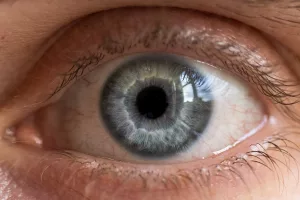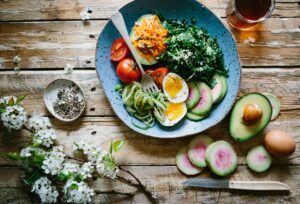Vegan Dietary Iron Needs
Veganism, a lifestyle filled with compassion and ethical choices, is undoubtedly on the rise. However, one aspect that requires careful attention is iron intake, especially when relying on plant-based sources. Plant-based vegan iron, though abundant, can sometimes be a less-than-ideal solution for individuals grappling with iron deficiency. Let’s dive into the world of iron-rich plant-based nutrition, exploring the best sources, absorption, and some unique challenges vegans might face.
1. Abundance and Limitations of Plant-Based Iron:
While plant-based iron sources are plentiful, they can present unique challenges. Take, for example, 100mg of spinach, boasting approximately 3.5mg of iron. Unfortunately, the human body can only absorb about 1-2% of this iron due to its form and the presence of compounds that inhibit absorption. The iron in plant-based foods is primarily non-heme iron, which is less readily absorbed compared to heme iron found in animal products.
2. The Role of Absorption and Compounds:
The absorption process of non-heme iron primarily relies on a protein known as DMT-1. This transporter requires the presence of zinc and magnesium to function efficiently. This intricate dance of nutrients means that, even when you consume iron-rich plant foods, your body’s ability to absorb that iron can be limited if you don’t have an adequate intake of these co-factors.
3. Enhancing Absorption with Vitamin C:
The good news is that vitamin C can enhance non-heme iron absorption. When you pair your iron-rich plant foods with vitamin C-rich options like citrus fruits, capsicum (bell peppers), strawberries, or broccoli, you can significantly improve iron absorption. However, it’s essential to note that this boost, while valuable, may not fully compensate for severe iron deficiency.
4. Balancing Iron Inhibitors:
On the flip side, some compounds, such as phytates and oxalates found in plant-based foods, can inhibit iron absorption. These natural compounds can be reduced by soaking, sprouting, or fermenting grains, legumes, and seeds, helping to increase the bioavailability of iron in your meals.
5. A Well-Rounded Approach:
To effectively meet your iron needs as a vegan, it’s crucial to plan well-rounded, balanced meals. Combining iron sources with vitamin C-rich vegetables and whole grains ensures your body can absorb the iron more efficiently.
6. Consider Iron Supplements if Necessary:
In some cases, even with careful dietary planning, vegans might find it challenging to meet their iron requirements through food alone. If you suspect or have confirmed iron deficiency, consulting a healthcare provider or registered dietitian is wise. They can offer guidance on suitable iron supplements tailored to your specific needs.
In conclusion, thriving on a vegan diet while ensuring adequate iron intake is indeed attainable. Knowledge, mindful food choices, and an understanding of the intricacies of plant-based iron sources are the keys to success. By embracing a diverse, well-balanced plant-based diet and incorporating strategies to enhance absorption while being aware of potential inhibitors, you can nourish your body effectively and enjoy the many benefits of a vegan lifestyle. While plant-based iron may present challenges, with the right approach, it can be a source of strength and vitality on your vegan journey.

